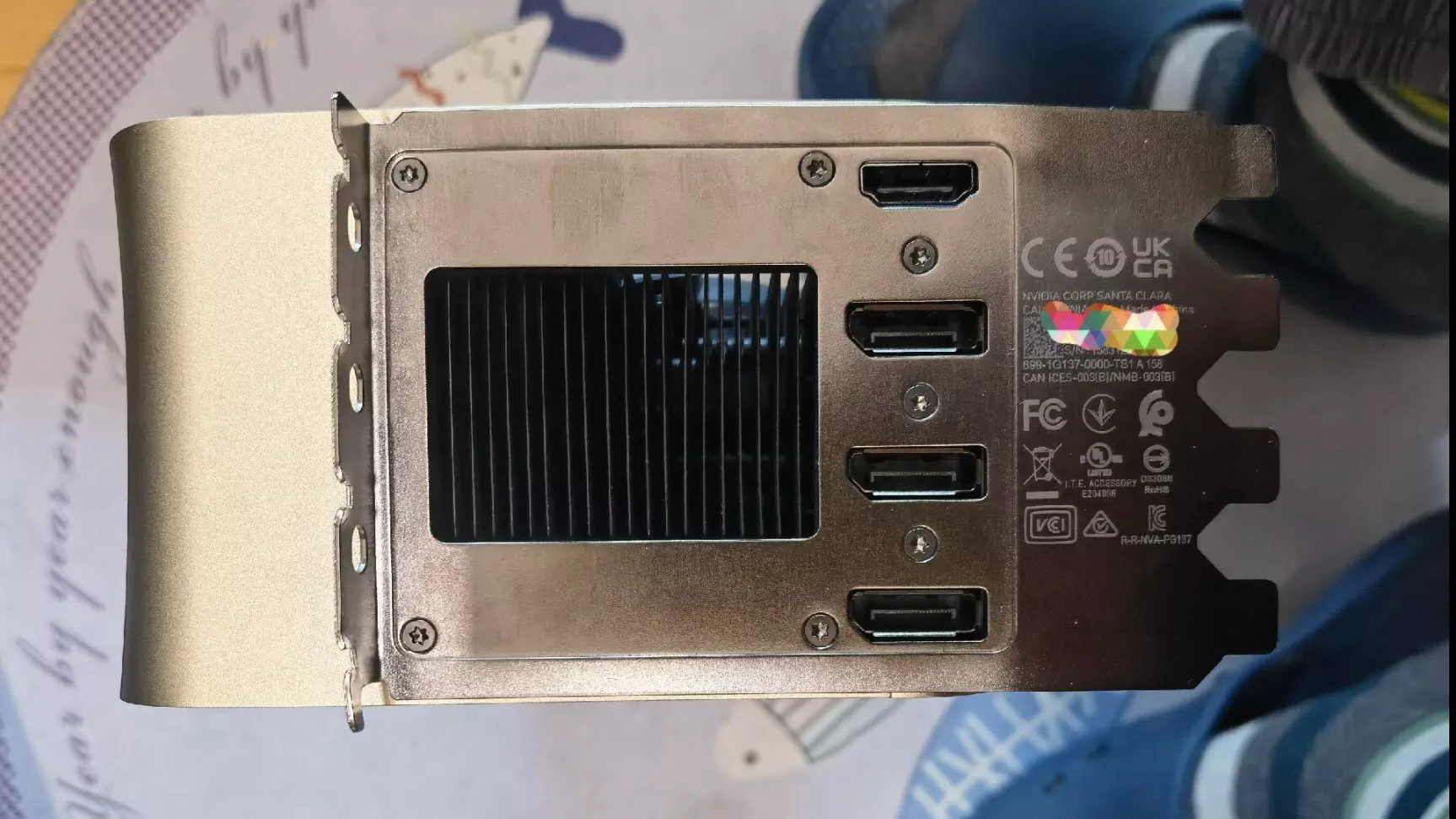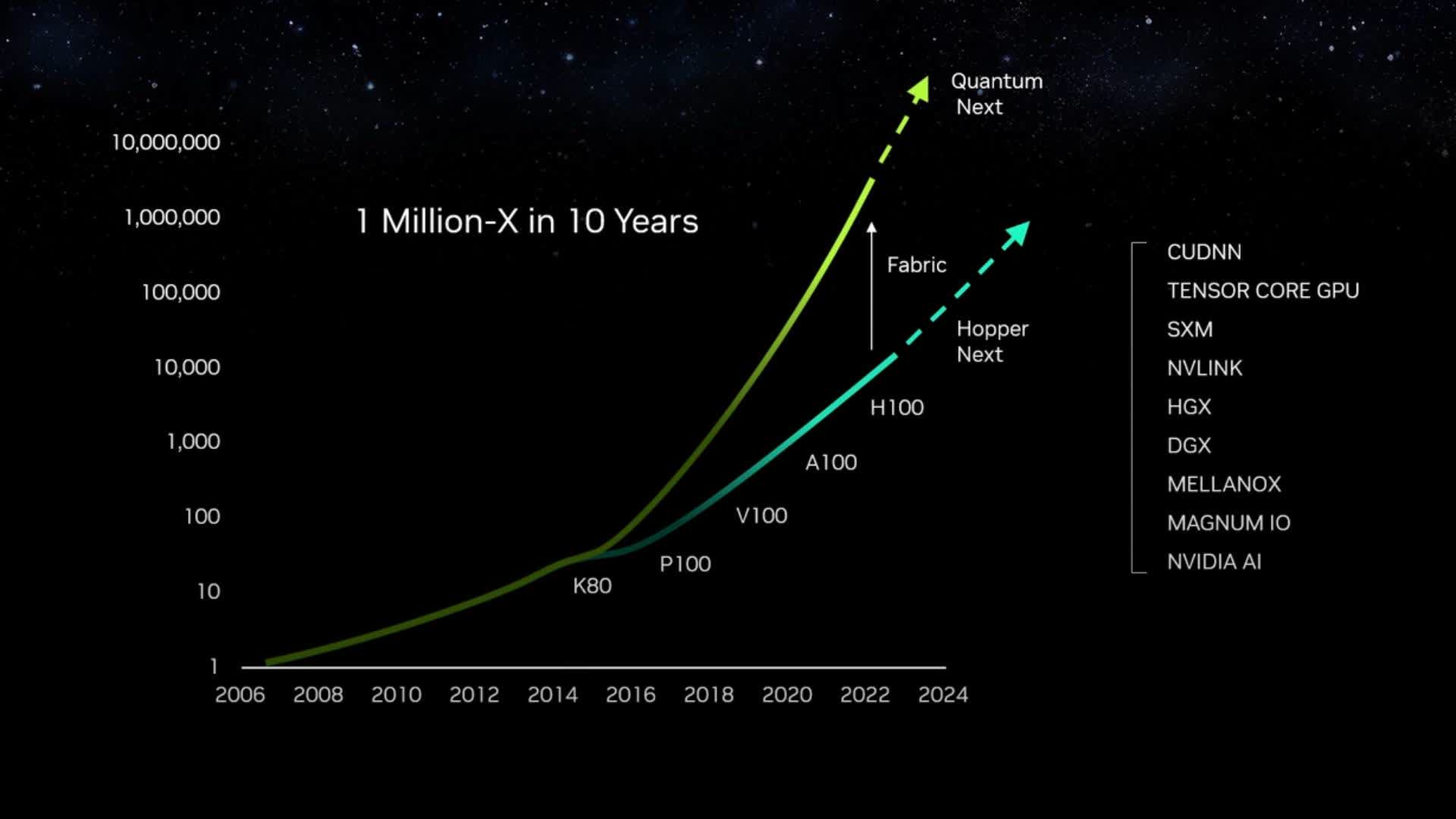Rumor mill: It's fair to say that Nvidia's RTX 4000 series has been one of the most disappointing card families ever to come from team green. But could its successor, the RTX 5000 line, put right what Lovelace did wrong? According to rumors, we might find out next year.

Unlaunching the RTX 4080 12GB, the disappointing RTX 4060 Ti, and prices that don't correlate with their generational performance increase, the Ada Lovelace series hasn't been Nvidia's greatest triumph, which is why the company might be glad to see rumors about the successor picking up pace.
During Jensen Huang's keynote at Computex this week, the CEO mentioned the Hopper Next architecture; Nvidia previously launched the Hopper architecture for datacenters, enterprise, and AI use. The rumor is that Hopper Next could also be used in gaming cards.
YouTube channel RedGamingTech says that Hopper Next is "basically Blackwell," the codename for Nvidia's next line of gaming GPUs. The rumor is that Hopper Next will be used across different product segments, including RTX 5000-series GeForce GPUs and high performance computing (HPC) parts for AI and other enterprise use.
Blackwell is said to offer a massive performance uplift over Lovelace – some of our benchmarks with the RTX 4060 Ti 8GB show the previous-gen RTX 3060 Ti equivalent reaching higher FPS. With Blackwell, there's talk of a 2X improvement, and ray tracing will likely be an important element for Nvidia, as always.
The RTX 5000 series is expected to be based on TSMC's 3nm process node, though Huang did confirm that it could tap Intel for future chip manufacturing. The CEO said early test results for an Intel-manufactured Nvidia chip based on the former's s next-gen process node had yielded good results, and both companies are "evaluating the process" on how best to move forward.
One interesting aspect of the RTX 5000 is how much VRAM Nvidia will include in its next-generation cards. Modern video games are requiring an increasingly large amount, and plenty of RTX 4000 cards have been criticized for their stingy amount of VRAM, so maybe the company will do away with 8GB cards in the mid range. We'd also like to hope that Nvidia will rethink its pricing strategy, but that might be wishful thinking.
The RTX 5000 release date is just a rumor, of course, so take it with a heavy dose of salt. But Nvidia might want to put Lovelace behind it as quickly as possible.
https://www.techspot.com/news/98922-nvidia-rtx-5000-graphics-cards-rumored-launch-next.html

